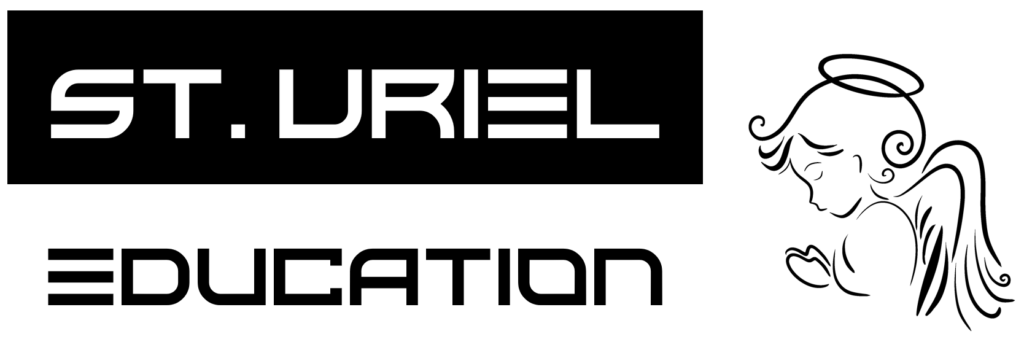Homework – a contentious concept that has sparked fervent debate within the realm of education. It often polarizes educators, creating two distinct factions: one that perceives it as an indispensable tool enhancing students’ cognitive and intellectual growth, and another that views it as an oppressive weight that stifles creativity, saps motivation, and overburdens young learners.
While concrete academic consensus or definitive scientific proof that validates one stance over the other remains elusive, there is an undeniable, growing impetus to reconsider the traditional concept of homework, especially given the disparities amplified by the digital divide and achievement gaps in schools.
To help navigate this complex issue, we present an enlightening selection of texts that delve into this subject matter. Having experienced both sides of the homework spectrum – as students and as educators – we felt a compelling need to explore the lesser-known, darker aspects of homework and the enduring myths that surround it.
These homework books promise to shed fresh light on the subject and may even challenge long-held beliefs. We encourage you to peruse these thoughtful reads and invite you to share your perspectives and feedback with us.
1- The End of Homework: How Homework Disrupts Families, Overburdens Children, and Limits Learning, by Etta Kralovec , John Buell
“The End of Homework: How Homework Disrupts Families, Overburdens Children, and Limits Learning” by Etta Kralovec and John Buell: This book scrutinizes the widely accepted practice of assigning extensive homework in American schools. The authors argue that excessive homework is not necessarily beneficial, and it can disrupt family life, burden children, and limit their natural curiosity and love for learning. Their revolutionary perspective encourages educators and parents to reconsider the conventional belief that more homework equals better learning.
2- The Homework Myth: Why Our Kids Get Too Much of a Bad Thing, by Alfie Kohn
“The Homework Myth: Why Our Kids Get Too Much of a Bad Thing” by Alfie Kohn: Kohn delivers a sharp critique of the prevailing notion that more homework contributes to greater academic achievement. He argues that the focus on competitiveness and misconceptions about learning have led to an overemphasis on homework, creating less free time for children and more family conflicts. By citing examples of successful schools that don’t heavily rely on homework and parents who have pushed back against the system, Kohn urges a reevaluation of post-school activities to foster a love for learning.
3- The Case Against Homework: How Homework Is Hurting Children and What Parents Can Do About It, by Sara Bennett, Nancy Kalish
“The Case Against Homework: How Homework Is Hurting Children and What Parents Can Do About It” by Sara Bennett and Nancy Kalish: The authors argue that there’s minimal evidence suggesting homework benefits academic success in elementary students, and it has a negligible impact on older students. The emphasis on homework is stealing children’s essential time for sleep, play, exercise, and overall development. They contend that the overemphasis on homework contributes to the childhood obesity epidemic and transform children into “homework potatoes.”
4- Closing The Book On Homework: Enhancing Public Education, by John Buell
“Closing The Book On Homework: Enhancing Public Education” by John Buell: Buell suggests that the belief in homework fostering long-term discipline is not strongly supported by empirical evidence. He states that various other extracurricular aspects of a child’s life contribute significantly to their personal and academic development. By focusing excessively on homework, the potential of these other factors may be undermined.
5- Rethinking Homework: Best Practices That Support Diverse Needs, by Cathy Vatterott (Author)
“Rethinking Homework: Best Practices That Support Diverse Needs” by Cathy Vatterott: The book delves into the evolving role of homework in the educational system and how societal factors like family life, the media, and the “balance movement” have influenced the discourse on homework. Vatterott emphasizes that research and common sense dictate that the effects of homework on student learning are not as significant as traditionally believed, suggesting the need to reconsider homework practices to accommodate diverse student needs.
The post Books Debunking The Homework ‘Myth’ appeared first on Educators Technology.
